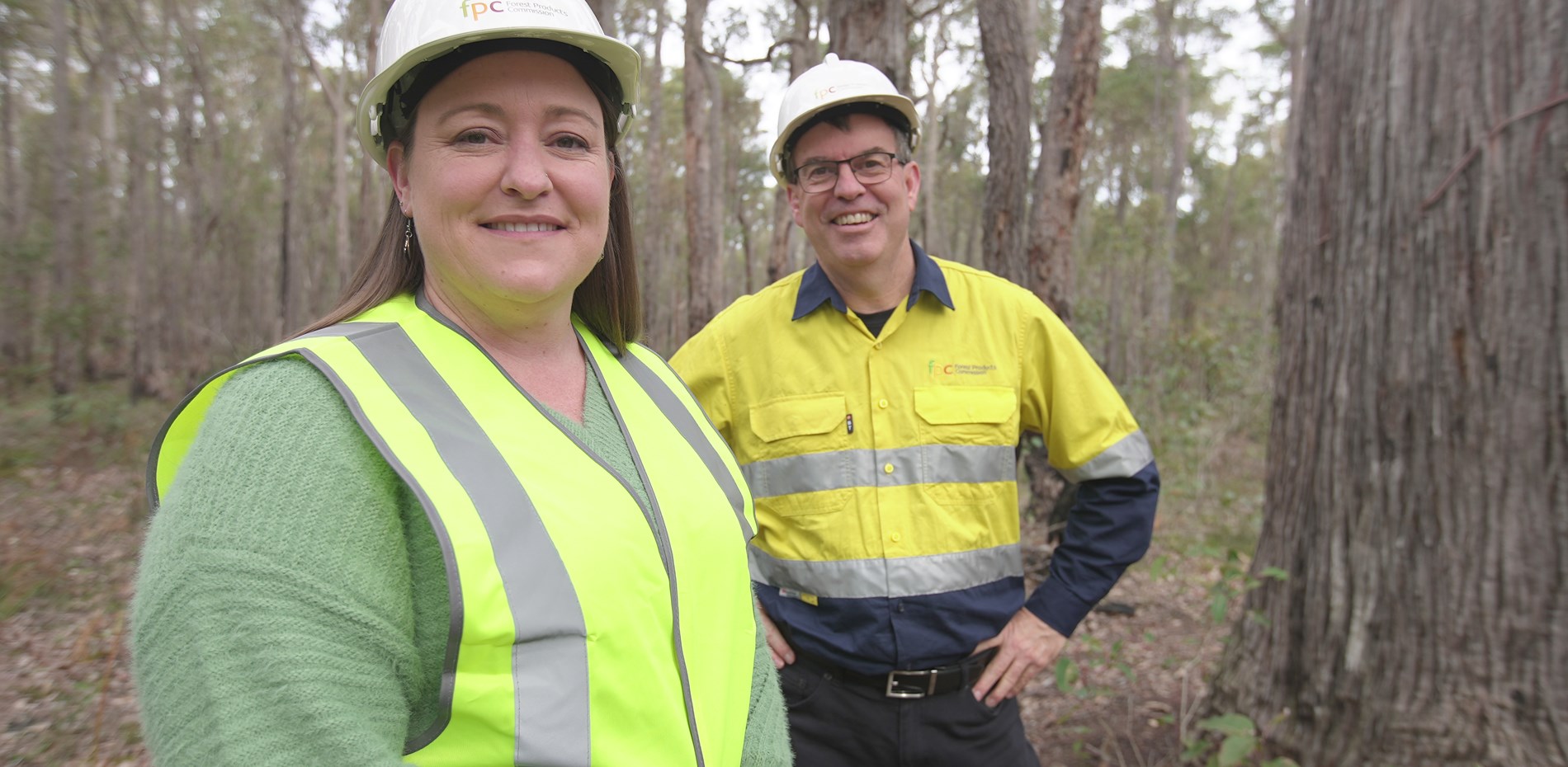Thursday, 8 September 2022
Trees and pocket forests in Joondalup
- National Schools Tree Day celebrated by Joondalup primary schools
- Local schools plant mini forests for environmental and learning benefits
- Anniversary of announcement on upcoming Native Forests logging ban
To mark National Schools Tree Day earlier this year, Emily Hamilton, Member for Joondalup, offered plants to all primary schools in the Joondalup electorate. This year, Edgewater, Poseidon, and Heathridge primary schools took up the offer.
Ms Hamilton, staff, and students braved wild weather to plant a marri tree, orange tree and a blueberry bush at the respective schools. Students were keen to answer Ms Hamilton’s questions about the importance of trees for our environment.
This year, both Heathridge Primary School and Poseidon Primary School have planted Miyawaki forests, which are small densely planted communities of indigenous plant species. Using the Miyawaki forests as a focus, students at the schools will become citizen scientists – taking monthly forest measurements to track their impact, while learning about climate change and urban biodiversity.
Edgewater Primary School began revegetating school grounds last year in a project called ‘The Living Edge’. Parents, students and community members planted 800 native plants. The project aims to improve the mental health and well-being of the school community, as well as linking with the school’s Reconciliation Action Plan. All new plantings at the school are to be local native species.
This September marks the one-year anniversary of the announcement by the McGowan Labor Government that the State's native forests will be protected from logging from 2024.
The Forest Management Plan 2024-33 decision to end logging of native forests will preserve at least an additional 400,000 hectares of karri, jarrah and wandoo forests.
Comments attributed to Emily Hamilton:
“These initiatives at our local schools increase urban vegetation cover, providing shade and lower ambient temperatures, as well as habitat for local fauna.
“I look forward to watching the growth of both our students and their newly planted forests over the coming years.
"WA’s South-West native forests act as a climate-change-busting asset that stores approximately 600 million tonnes of carbon dioxide equivalent, or roughly 116 years' worth of annual emissions for every car in Western Australia.
“I’m proud to be part of the McGowan Government that is committed to preserving our South-West native forests for their beauty, Aboriginal cultural heritage, and ecotourism."
Media contact: 9300 3990
